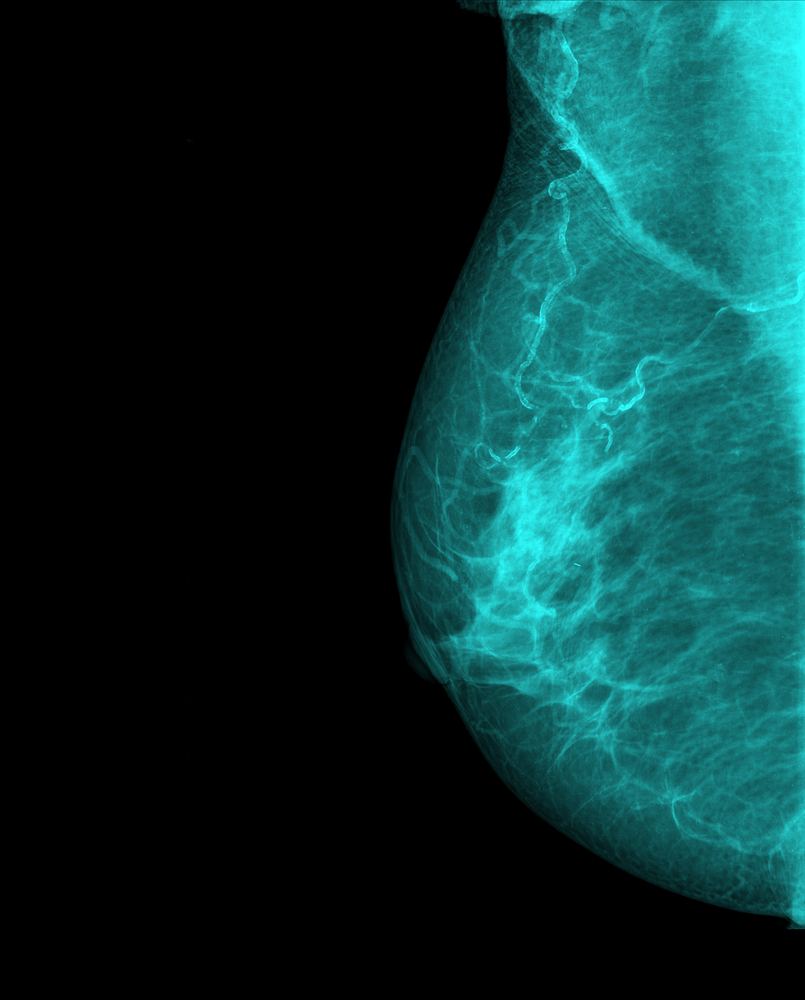 A new promising drug to treat metastatic breast cancer was reported by a research team of the University of California Los Angeles (UCLA). The study entitled “The cyclin-dependent kinase 4/6 inhibitor palbociclib in combination with letrozole versus letrozole alone as first-line treatment of oestrogen receptor-positive, HER2-negative, advanced breast cancer (PALOMA-1/TRIO-18): a randomized phase 2 study” was published in The Lancet Oncology.
A new promising drug to treat metastatic breast cancer was reported by a research team of the University of California Los Angeles (UCLA). The study entitled “The cyclin-dependent kinase 4/6 inhibitor palbociclib in combination with letrozole versus letrozole alone as first-line treatment of oestrogen receptor-positive, HER2-negative, advanced breast cancer (PALOMA-1/TRIO-18): a randomized phase 2 study” was published in The Lancet Oncology.
Many risk factors can contribute to the development of breast cancer, which can be based on biological markers such as the estrogen receptor-positive (ER) and the human protein growth factor receptor 2 (HER2).
The research team led by Professor Dennis Slamon, which established the successful breast cancer drug Herceptin, tested the safety and efficacy of a CDK4/6 inhibitor Ibrance (palbociclib – Pfizer) in combination with letrozole, an aromatase inhibitor that lowers estrogen levels, as first-line treatment of post-menopausal women with advanced, estrogen receptor-positive, HER2-negative breast cancer. Ibrance targets cyclin D kinase 4 (CDK 4) and cyclin D kinase 6 (CDK 6) present in cancer cells and inhibits their proliferation capacity.
[adrotate group=”3″]
Researchers observed that combination treatment considerably improved progression-free survival in women with advanced (ER+/ Her2-) breast cancer when compared to patients treated with letrozole only.
Importantly, based on this study’s results, the FDA decided to grant a breakthrough approval for the combination of palbociclib and letrozole in the treatment of (ER+/Her2-) post-menopausal patients as a first line therapy.
Dr. Slamon said in a news release that these results are extremely promising, as progression-free survival of the patients treated went from 10 to 20 months. Slamon also added that if these results are confirmed in Phase 3 clinical trials, palbociclib will “represent a new standard of care for women with ER+ breast cancer who have either developed de novo ER positive breast cancer to be treated with hormonal blockage and a CDK inhibitor, or for those women who develop a recurrence after treatment with hormonal blockade.”
Oncologist Dr. Michael Gnant from the Medical University of Vienna mentioned in a commentary that these findings are “among the largest benefits ever reported in advanced breast cancer, and these survival results are similar to the effect of everolimus in pretreated patients.”

